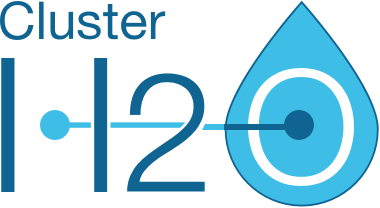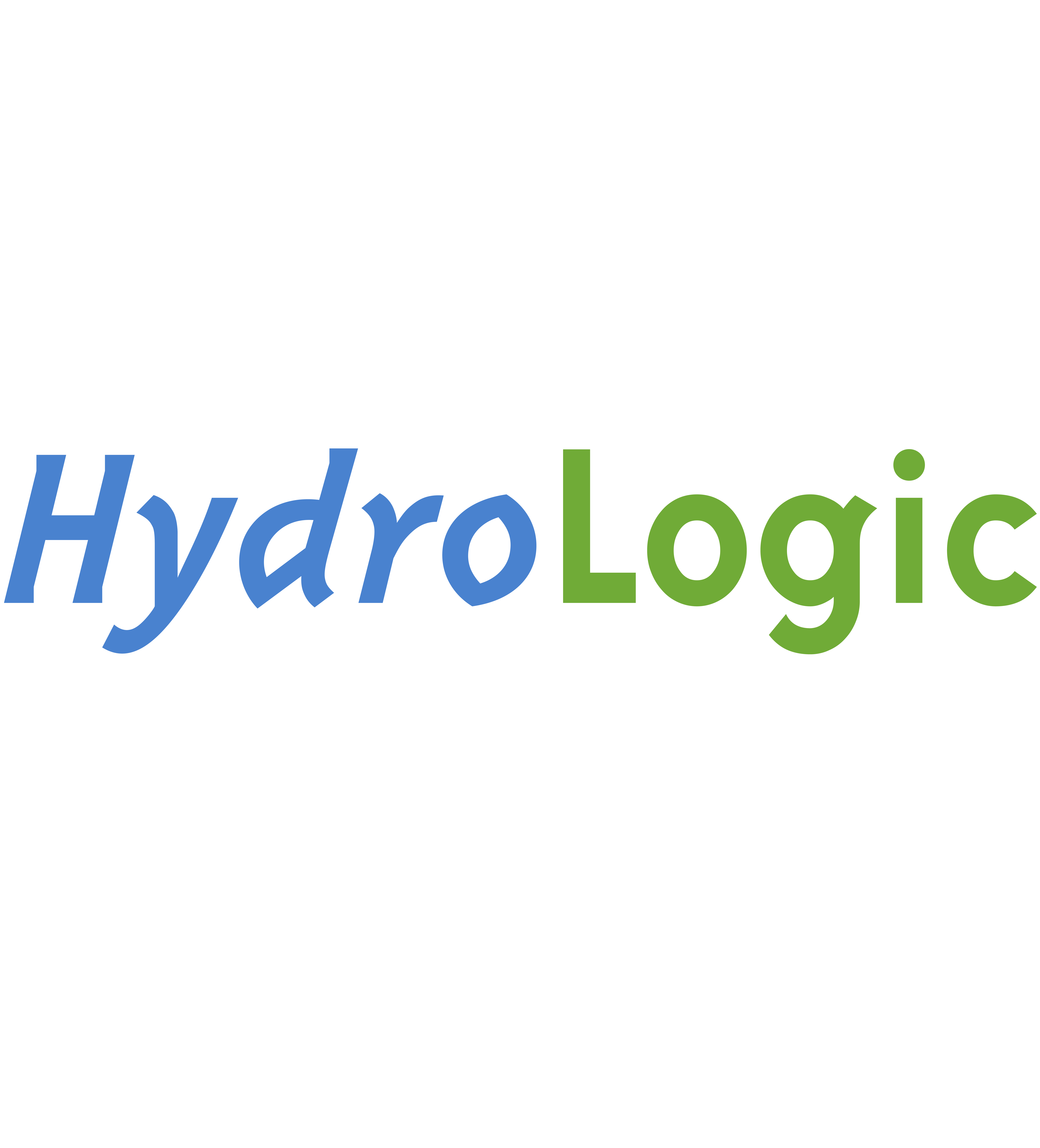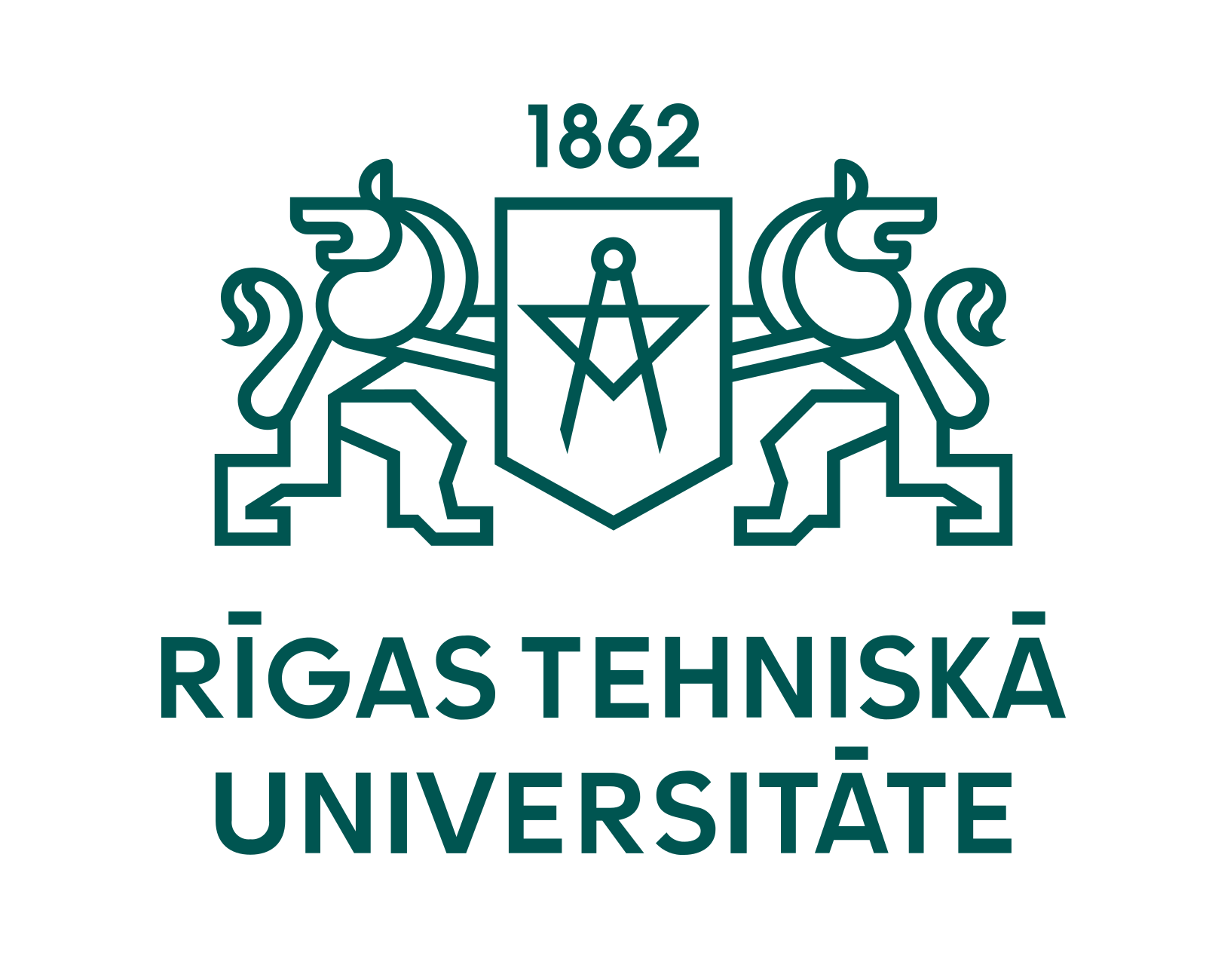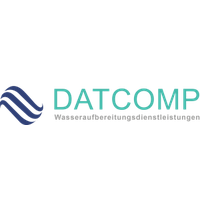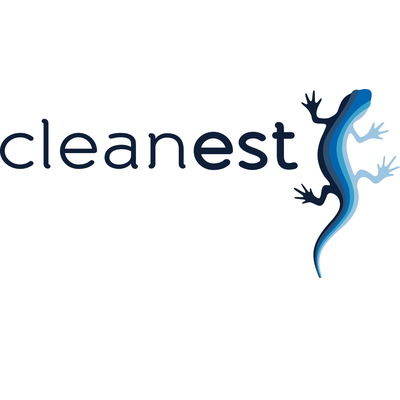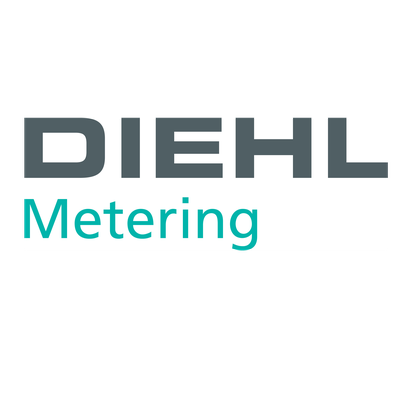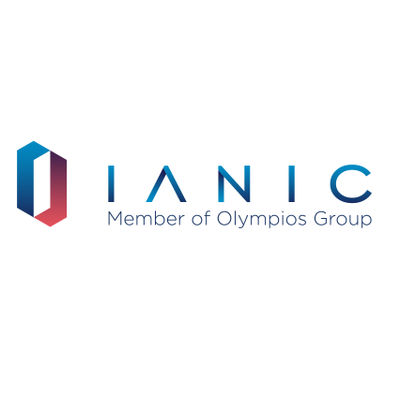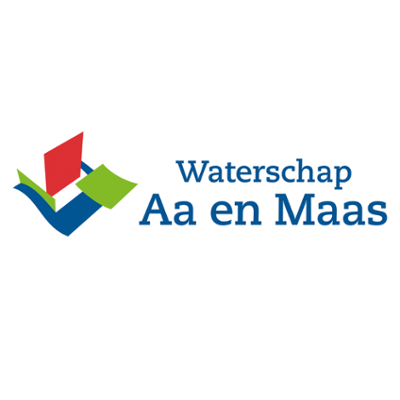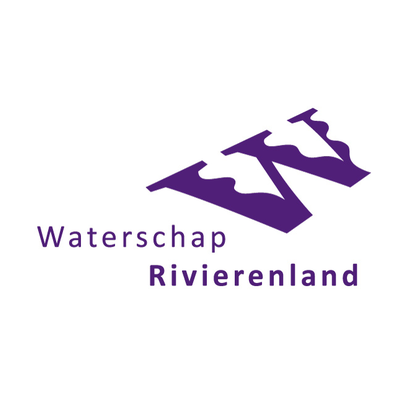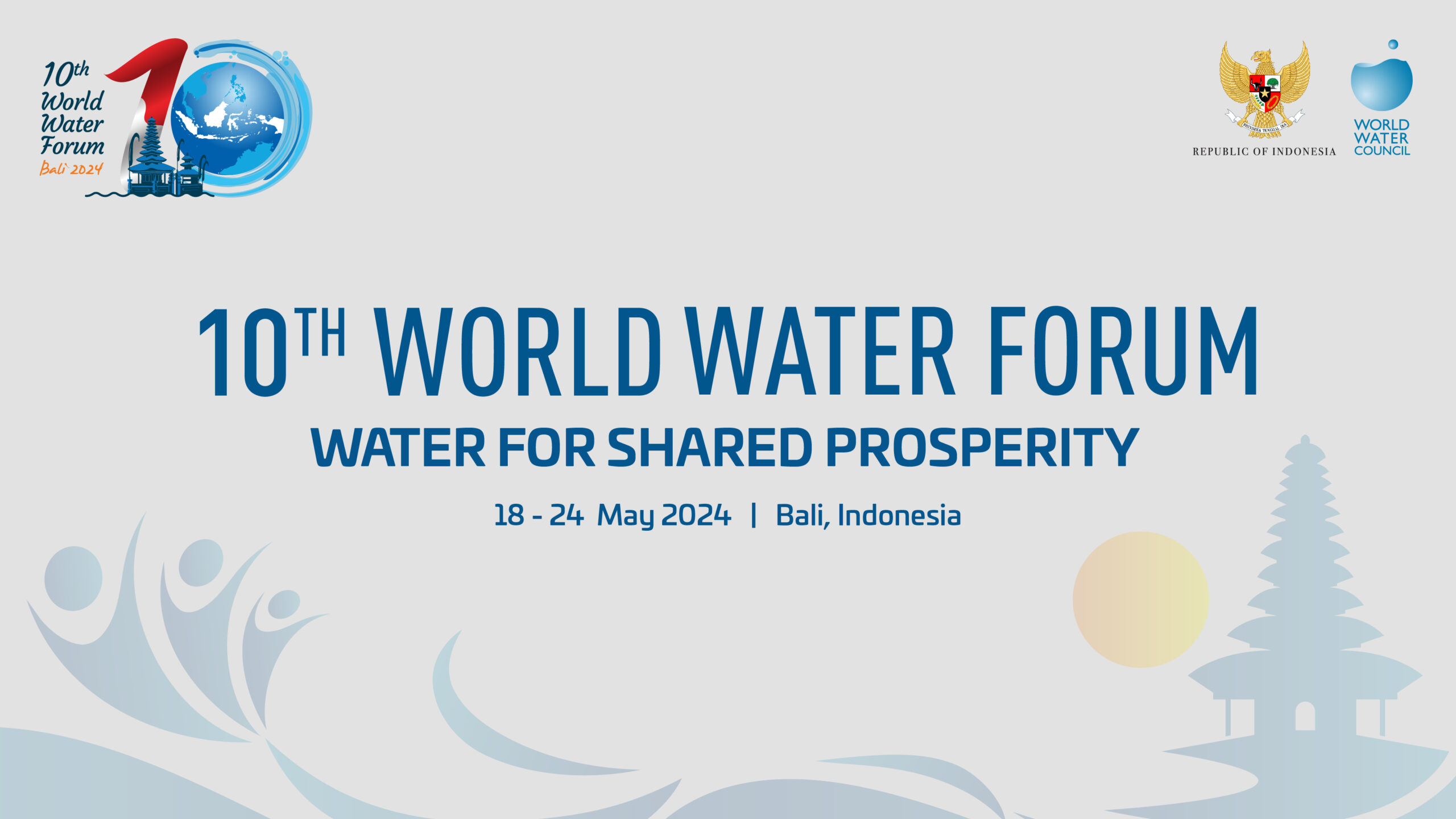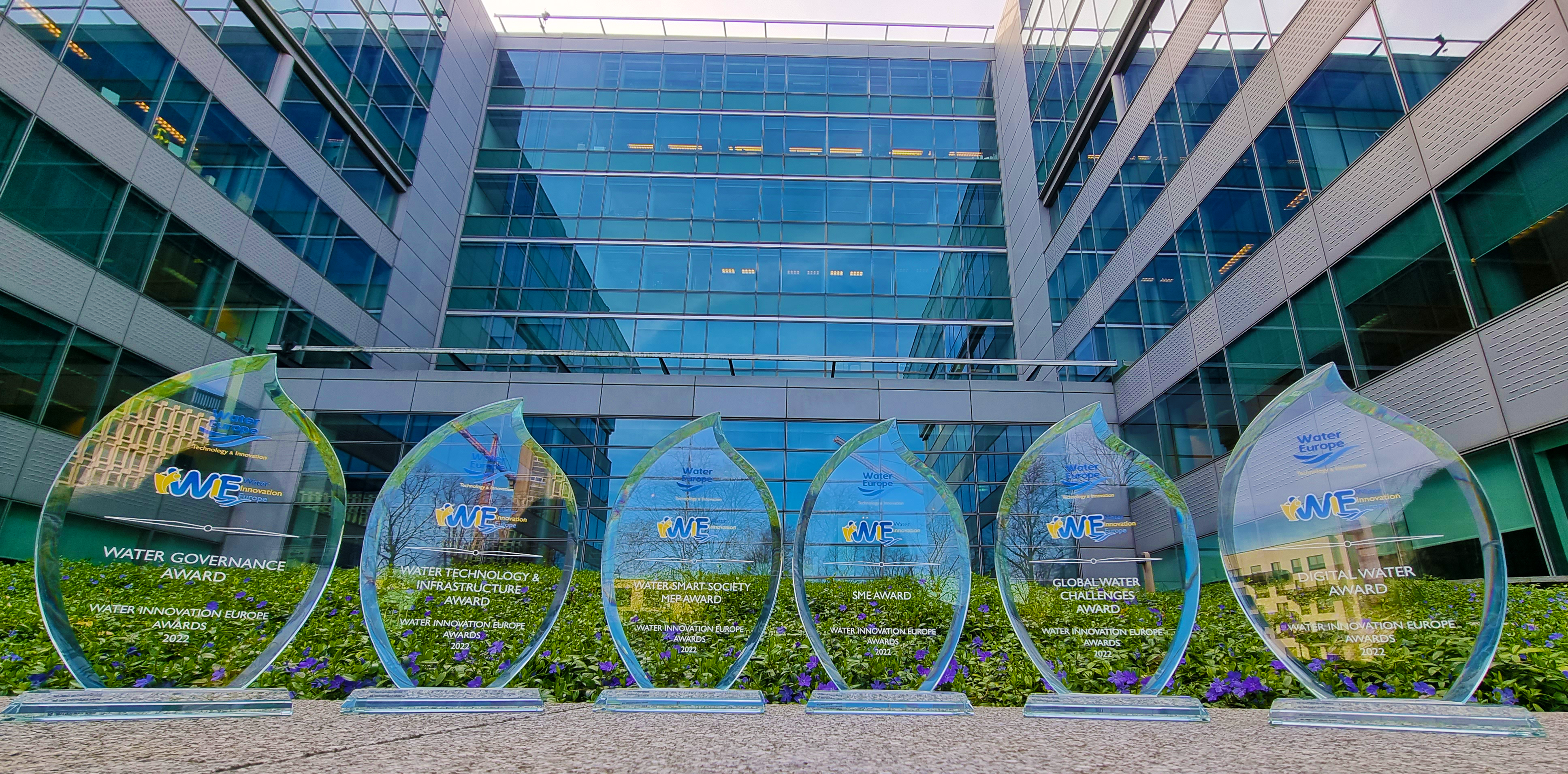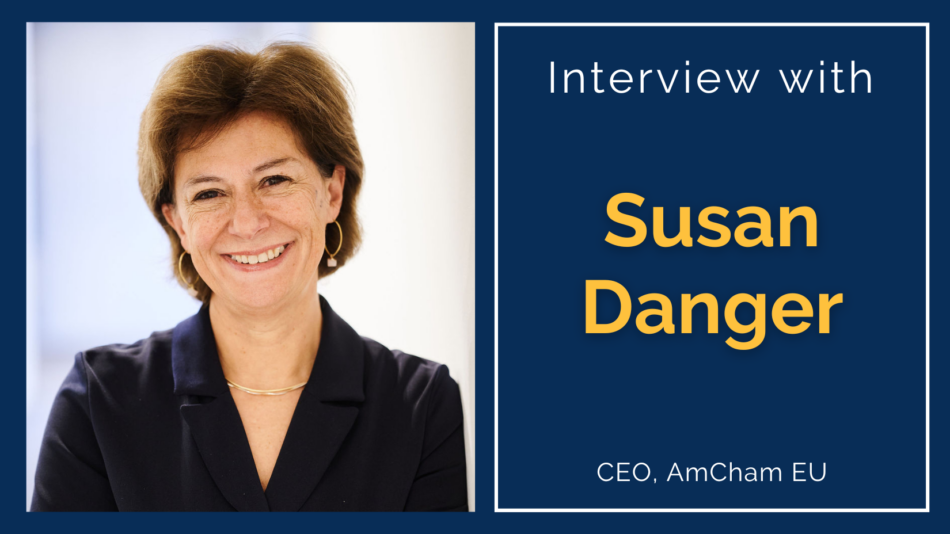Our mission
We aim to build a Water-Smart Society
We are dedicated to fostering water security, sustainability, and resilience in Europe and beyond, by providing a platform for knowledge sharing, dialogue, and collaboration for the whole water value chain.

Membership
Water Europe offers membership packages providing access to a network of professionals, insights, events, and opportunities to collaborate and innovate in the water sector. Here are some of the benefits of our membership.
- Networking activities
- Working Groups
- Ambitious and innovative policy work
- Free access to yearly events
- Funding programmes
- Thought leadership
- Access to our platform and app
- Participate and support projects
- Member’s newsletter
//If you are using multiple widgets on your website, please be sure that this line appears only one time per page.
// Or use the following line if your site uses requireJS
Upcoming events
May 29, 2024 at 8:00 AM
- May 30, 2024 at 5:00 PM
EU Green Week 2024
EU Green Week is an annual opportunity to raise awareness, promote and discuss European environmental policy. Organised by the European Commission’s Directorate-General for Environment, this high-level event attracts policymakers, leading environmentalists, stakeholders, and interested parties from across Europe and the globe.
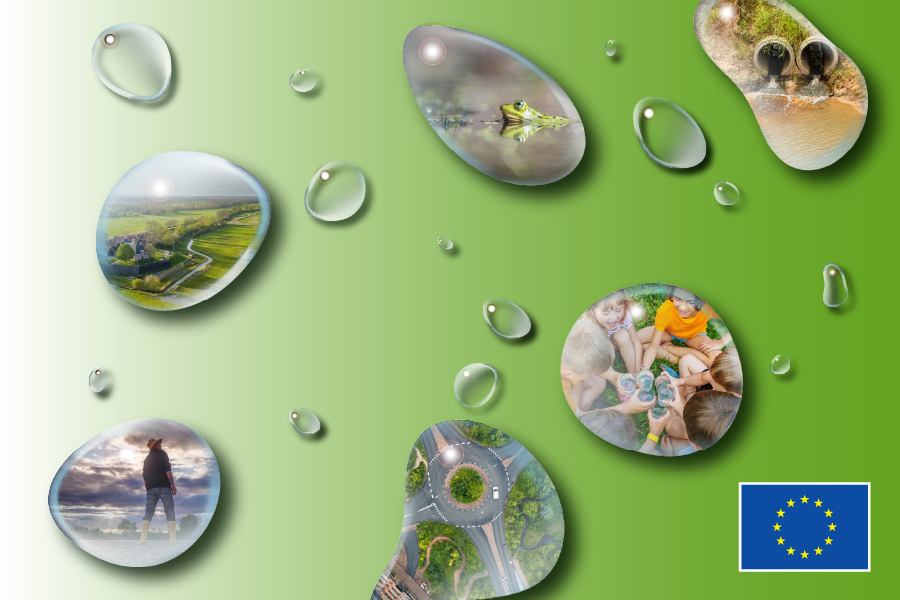
June 17, 2024 at 8:00 AM
- June 19, 2024 at 5:00 PM
Water Innovation Europe 2024
- Brussel, Belgium
Water Innovation Europe aims at shaping the European water-related future by offering new perspectives and insights from high-level EU decision-makers and experts of the water sector and bringing forward the latest updates and trends on new water technologies and innovations.
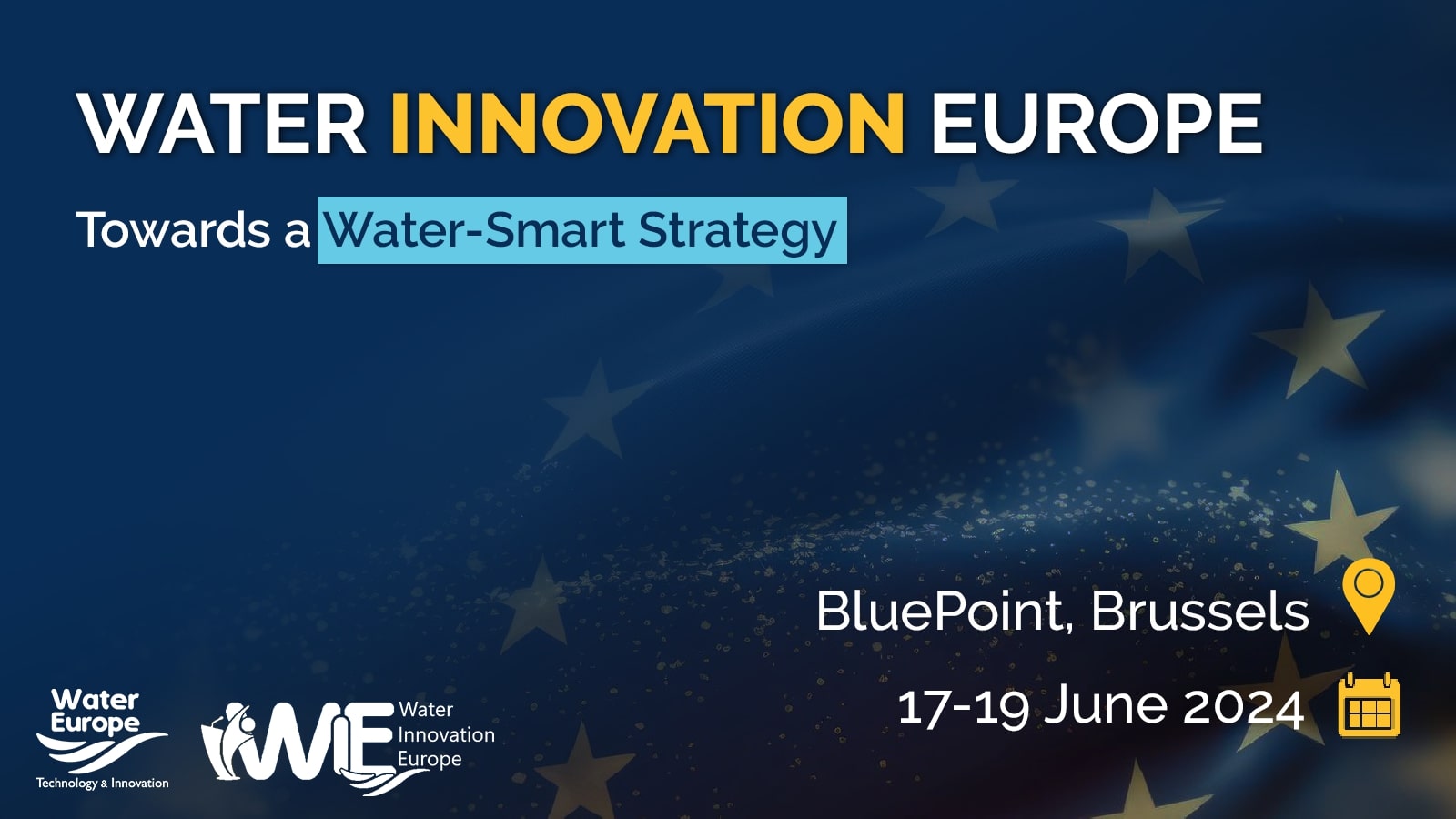
0
Working groups
0
+
Active members
0
Ambassadors
0
Main events
We are Water Europe
Building a Water-Smart Society for a sustainable future
Let’s unite for a water-resilient future
Join Water Europe to collaborate, innovate, and address water challenges! Be part of the solution and shape the future of water.
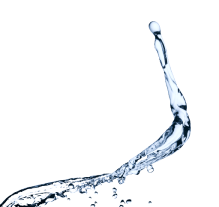
Newsletter
Sign up for our newsletter
Subscribe to our newsletter and get informed about the news, events and activities of Water Europe.
